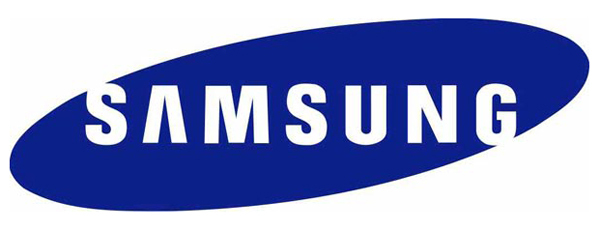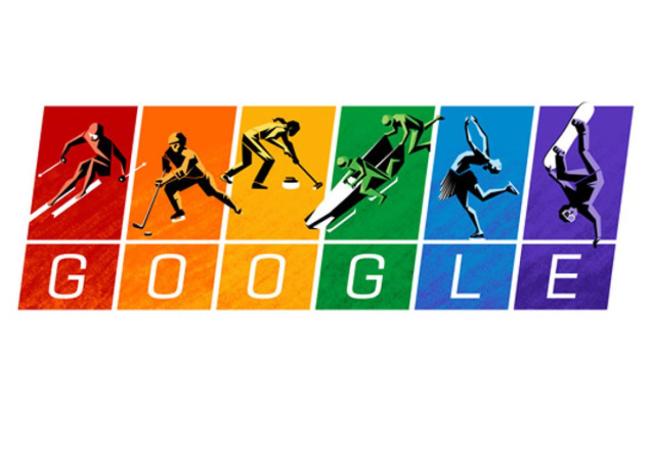Perhaps it is not surprising that a gap exists between Silicon Valley IT firms such as Google and Facebook and conventional Korean conglomerates in their perceptions of LGBT ― lesbian, gay, bisexual and transgender ― issues at the workplace.
Google, for instance, has long supported the LGBT community by holding seminars and conferences on LGBT rights.
As a case in point, the Internet giant put up a rainbow-colored logo on its website during the 2014 Winter Olympics in Sochi in protest against the Russian government’s anti-gay legislation enacted in 2013.


To keep up with its headquarters, Google Korea announced last Monday that its employees would participate in this year’s Korea Queer Festival in June.
As the name indicates, the festival is an annual parade attended by thousands of gays and lesbians, and their supporters.
“Since diversity is an important pillar of Google’s corporate culture, we have decided to join the parade,” said Lois Kim, head of corporate communications and public affairs at Google’s Korean office.
“Google will become the first global IT firm that takes part in such an event aimed at promoting fair treatment and equality towards homosexuals in Korea, even though such participation is not an uncommon thing for Silicon Valley-based firms including Facebook and Twitter,” she said.
Some global IT companies that are supportive of sexual minorities have polices that even encourage LGBT employees to come out of the closet.
IBM and its Korean office publicly ask LGBT people to apply for jobs at the firm and give them an advantage over others in the company’s employment process.
Credit Suisse Group, a leading global financial services firm, publicizes an LGBT equality index that measures the performance of U.S. companies that support and promote equality for members of the LGBT community.
Don’t ask, don’t tell
Korean tech giants including Samsung Electronics and LG Electronics, however, would not be caught dead dealing with gay issues.
“Samsung does not have any support policy for LGBT employees, but the company respects the rights of every individual,” said Kim Jung-suk, director of Samsung Electronics’ corporate communications team.
He explained that stipulating certain rules about such a sensitive issue could bring about different kinds of problems, such as reverse discrimination.
An official from another Korean conglomerate also echoed his concerns.
“Just mentioning an individual’s sexual orientation at the corporate level could create unexpected results that are usually not positive,” said the official, “Those who are deemed to be different from others in terms of sexual orientation often want to blend in with others without being noticed.”
Even though public perception of the LGBT community has improved in Korea ― a 2013 Pew Research Center survey showed that almost 40 percent of the Korean public accepts homosexuality in society ― critics point out that lingering negative views keep people from speaking up about their sexuality, while companies are afraid to become more progressive on such issues.
“Because of a prevailing anti-gay sentiment, not only lawmakers but also domestic companies are reluctant to actively support LGBT policies,” said Seol Dong-hoon, a sociology professor at Chonbuk National University.
“The recent decision of the world’s largest and most influential Internet firm could have a ripple effect in Korean society,” he added.
Some also said there is still a long way to go to create a fair society.
“Unfortunately, Korean society, which still struggles with social issues stemming from its male-dominated social structure, seems to have no time to spare for LGBT issues at the moment,” an official from a Korean LGBT group said.
He also added that in order for Korean firms to go truly global, they must embrace diversity.
By Kim Young-won (
wone0102@heraldcorp.com)









